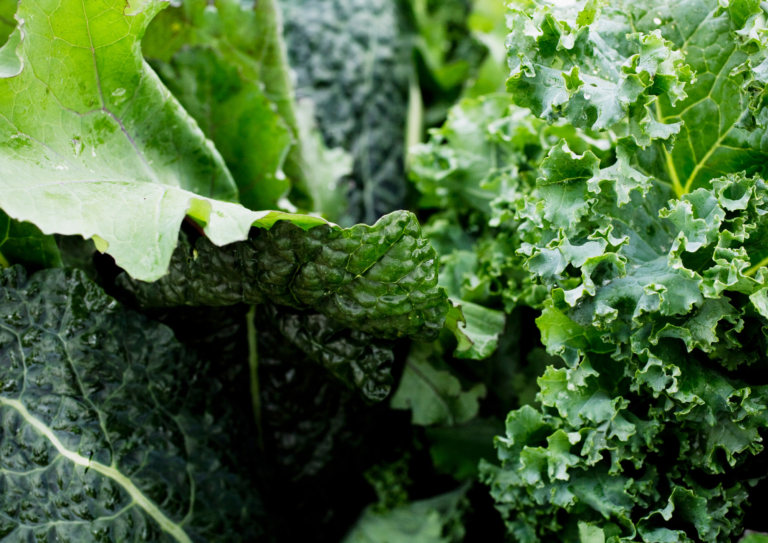The Art of Balanced Parenting: A Holistic Perspective
Parenting is often described as a journey of love, growth, and connection. Yet, the path is laden with challenges, especially when balancing personal well-being with raising children. As I watched this insightful discussion by a renowned psychologist, I couldn’t help but reflect on the parallels between their advice and the principles we hold dear in holistic living. Here’s what I gleaned, tailored for us holistic sages seeking balance in every facet of life.

Good Enough Is Perfect Enough
The concept of the “good enough mother,” originally proposed by Donald Winnicott, resonates deeply in parenting. It suggests that children don’t need perfection; they need consistency, love, and presence. Striving for an idealized version of motherhood, where every need is met flawlessly, is not only unrealistic but also detrimental to our mental health.
Holistic habits, like mindfulness, teach us to embrace imperfections. Just as meditation isn’t about stopping all thoughts but observing them without judgment, parenting is about showing up with genuine intention, even if the execution isn’t flawless. The lesson? It’s okay to have bad days as a parent, as long as the overall connection with your child is warm, predictable, and supportive.
Education and Its Changing Role
Education has long been a cornerstone of personal and social development. In the context of post-Soviet countries, education historically acted as a powerful social elevator. A degree could transform lives, granting access to better opportunities and quality of life. However, as societies evolve, so too does the importance we place on formal education.
For holistic parents, this raises an important question: Is education about following societal norms or fostering a child’s natural talents? Encouraging our children to pursue what truly excites them, whether it’s an academic path or a trade, aligns with the holistic principle of authenticity. Remember, the goal is not to mold children into societal expectations but to support their journey toward self-discovery.
Family Roles in Flux
Urbanization has significantly shifted family dynamics. Where grandparents once played a central role in childcare, modern families often rely on nannies or professional caregivers. This isn’t inherently negative. Instead, it’s a natural adaptation to changing lifestyles.
Holistic living teaches us to flow with change rather than resist it. If professional caregivers become part of your parenting team, consider incorporating holistic principles into their approach. Share your routines, dietary practices, and philosophies with them to ensure continuity in your child’s care. This way, even in a fast-paced world, your child grows up rooted in the same nourishing habits.
Quality Time Over Quantity
The video emphasized that the quality of time spent with children is more important than the quantity. This aligns beautifully with holistic practices. Like a focused meditation session, even a short, joyful moment with your child can be more impactful than hours spent together on autopilot.
For example:
- Instead of multitasking, dedicate 15 undistracted minutes to a mindful activity with your child, like painting or storytelling.
- Share your spiritual practices, such as gratitude rituals or deep breathing exercises, to model emotional resilience and mindfulness.
These moments not only strengthen bonds but also instill invaluable life skills in your children.
The Evolving Role of Fathers
In many cultures, fathers historically played a distant role in early childcare, engaging more actively as children grew older. However, this dynamic is shifting. Fathers today are more involved, providing emotional support from the very beginning.
As holistic families, we celebrate this evolution. Parenting is a shared journey, and the energy balance between partners is crucial for maintaining harmony. Fathers practicing grounding techniques, like yoga or meditation, can create a calming presence that supports both mother and child. Encourage this shared responsibility to foster a nurturing environment for everyone.
Self-Care is Sacred
One of the most profound messages in the video was the importance of mothers prioritizing self-care. It’s easy to fall into the trap of guilt, believing that every moment spent away from your child is a moment lost. But in truth, a depleted parent cannot nurture effectively.
Holistic living reminds us to pour from a full cup. Whether it’s taking 10 minutes for a grounding meditation, savoring a nourishing meal, or indulging in a spiritual practice like tarot journaling, these moments replenish your energy and center your mind. Self-care isn’t selfish; it’s essential for showing up as your best self.
Adapting to Modern Challenges
With the advent of technology, parenting has taken on new dimensions. Online education platforms, for instance, offer innovative ways to learn but also come with challenges like screen time management. As holistic parents, we must approach these changes mindfully, balancing modern tools with traditional wisdom.
Here are some strategies:
- Limit screen time with outdoor family rituals like nature walks or gardening.
- Integrate holistic learning tools, like yoga storybooks or interactive meditation apps, to make screen time meaningful.
By blending the old with the new, we prepare our children for a dynamic world while grounding them in values that nurture their spirit.
The Holistic Perspective on Support Systems
Single parenting or having a limited support system can be overwhelming. The psychologist in the video highlighted the importance of creating a community, whether through friends, family, or professionals. In holistic terms, this is about cultivating a tribe—a network of souls who uplift and support each other.
For instance:
- Engage in parent circles that align with your holistic values.
- Seek guidance from mentors or coaches who can help balance your parenting journey with spiritual growth.
Remember, asking for help is not a sign of weakness but of wisdom.
Holistic Parenting Practices for Modern Families
- Daily Gratitude Rituals: Begin or end each day with your child listing three things you’re grateful for. This fosters a positive mindset and emotional intelligence.
- Mindful Eating: Involve your children in preparing healthy meals. Teach them about the energy of food and how it nourishes both body and soul.
- Storytime with a Twist: Share spiritual tales or fables that emphasize values like kindness, courage, and gratitude.
- Grounding Practices: Spend time barefoot outdoors, connecting with the earth’s energy. This simple habit helps regulate emotions and enhances focus.
- Creative Outlets: Encourage activities like journaling, painting, or music. These outlets allow children to express their feelings and explore their inner worlds.
Parenting, much like holistic living, is a continuous journey of growth and learning. By embracing imperfection, prioritizing self-care, and staying present, we can nurture not just our children but also ourselves. The wisdom from this video beautifully complements our holistic approach, reminding us that the best way to guide our children is by living authentically and joyfully.
As always, I’d love to hear your thoughts. What are your favorite holistic parenting practices? Share your stories, questions, or insights in the comments below. Let’s continue this journey together.
With love and light,
Anastasia Holistic Sage 🌿





